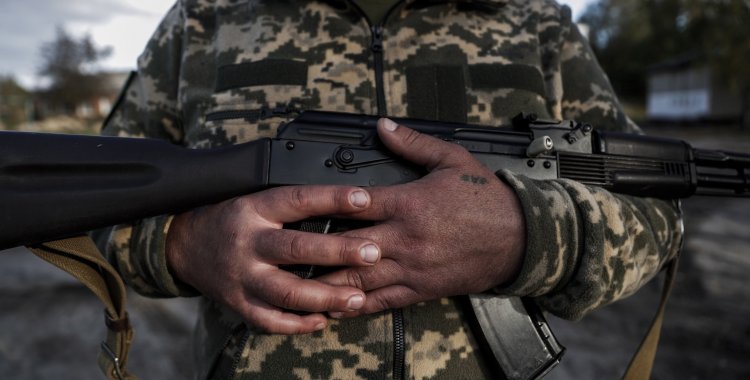Tukikebi dos Santos “Chinese”, cited by Angop, spoke to the press at the end of a meeting between the Chief of the General Staff of the Angolan Armed Forces (CEMGFAA), aviation general Altino dos Santos, with the vice-governor of Cabinda to Political and Social Area, Miguel dos Santos Oliveira.
“The situation in the region is calm, and the Chief of the General Staff of the Angolan Armed Forces was able to see ‘on site’ the life and normal functioning of the forces in the Cabinda Military Region”, said the FAA official.
According to the RMC commander, the CEMGFAA visited the province for three days, checking the readiness of the troops, their accommodation and the state of resources, in the various units attached to the RMC brigades.
The CEMGFAA, added the RMG commander, noted that "the morale of the troops is high, due to the patriotism and commitment they demonstrate in fulfilling their superior obligations", having encouraged the troops to be permanently ready and above all in combative, operational, educational and patriotic.
Altino dos Santos visited the municipalities of Belize and Buco-Zau, where he held meetings with the leadership of the troops in the units assigned to the 11th Infantry Brigade, as well as the 12th Brigade, in the commune of Dinge/Cacongo.
National authorities have been dealing for several years with the claim of the Front for the Liberation of the Enclave of Cabinda (FLEC), an organization that demands the independence of the territory, from where much of the national oil comes, claiming that the enclave was a Portuguese protectorate - such as established in the Treaty of Simulambuco, signed in 1885 - and not an integral part of Angolan territory.
The Government refuses to recognize the existence of dead soldiers resulting from guerrilla actions by independence activists, or any situation of instability in that northern province of Angola, always emphasizing the unity of the territory.







